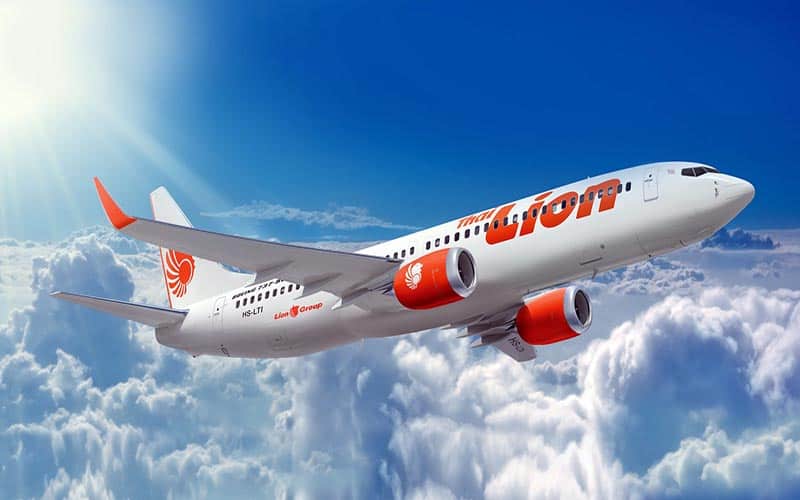Jakarta: An Indonesian Lion Air jet that plunged into the Java Sea last week, killing all 189 on board, had an air speed indicator problem on its fatal flight and on three previous journeys, the country’s transportation watchdog said Monday.
The new details — gleaned from a recovered flight data recorder — come after the government said it was launching a “special audit” of the budget carrier’s operations.
A week after the disaster, there is still no answer as to what caused the crash.
Lion — long been dogged by safety problems — has said the Boeing 737-Max 8 suffered a technical issue on the flight just prior to its deadly crash Monday and that it was fixed.
But the National Transportation Safety Committee (NTSC) said Monday that the black box data showed the plane had an air speed indicator issue on at least two other earlier flights.
“There were four flights in all that suffered a problem with the airspeed indicator,” NTSC head Soerjanto Tjahjono told reporters.
“When there was a problem, the pilot would write it down and the mechanic would do (a repair)…Then the plane would be declared airworthy.”
The agency said it would probe what caused the indicator problem and whether proper repairs were done — including replacing the faulty component, he added.
It did not give more details and did not speculate on how the indicator problem may have played a role in the crash, as it continues to mine the flight recorder — seen as key to answering why a nearly brand new plane fell out of the sky.
– ‘Special audit’ –
Lion’s earlier admission that the jet had a technical issue — and the captain’s request to turn back to the airport minutes before the crash — have raised questions about whether it had faults specific to one of the world’s newest and most advanced commercial passenger planes.
Divers are still hunting for the plane’s cockpit voice recorder.
Flight JT610 sped up as it suddenly lost altitude and then vanished from radar 12 minutes after take-off, with witnesses saying the single-aisle jet plunged into the water.
Lion has been a regular target of complaints about poor service, unreliable scheduling and safety issues, including a fatal 2004 crash.
“We will…conduct a special audit of the crews’ qualifications and staff communication,” transportation minister Budi Karya Sumadi told reporters Monday as he announced the probe into Lion’s operations.
“This is a preventative measure…(The accident) is a very expensive lesson for us.”
Civil Aviation authorities in the United States and Europe were also being consulted for their help in the probe, he added.
Meanwhile, authorities have extended their search as they collect more body parts and shattered debris from the spot where the plane crashed during a routine one-hour flight from Jakarta to Pangkal Pinang.
Scores of body bags filled with remains have been collected and sent for DNA testing, but so far just 14 people have been identified.
Search and rescue agency head Muhammad Syaugi tearfully apologised Monday as relatives’ clamour for answers grew louder, with accusations that the pace of recovery is lagging.
“We are not perfect human beings,” he said, sobbing. “We have flaws, but we doing the best we can.”
The Lion Air investigation comes after Indonesia’s government ordered an inspection of all Boeing 737 Max 8 planes in the country.
All were found to be airworthy although two required repairs for “minor” problems.
The ministry had previously removed several Lion Air executives and technicians, saying they were needed to help authorities in the investigation.
The accident has resurrected concerns about Indonesia’s poor air safety record, which until recently saw its carriers facing years-long bans from entering European Union and US airspace.
[source_without_link]Agence France-Presse[/source_without_link]

